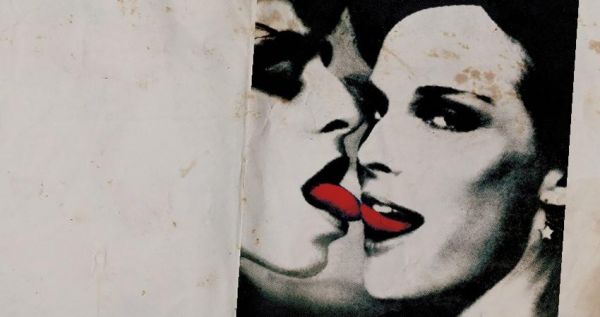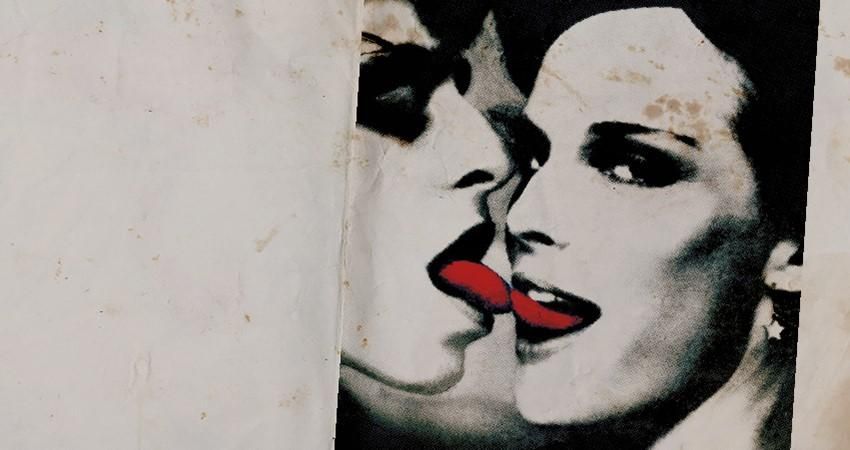Underground and counterculture in the Catalonia of the 70s
Images
Information
Description
"The exhibition Underground and counterculture in the Catalonia of the 70s arrives in Madrid, an exhibition on how freedom transformed our beliefs and our way of life. They were times of overflowing creativity, without imposed canons, lived outside perks, parties and institutions The inconsistencies of the Franco regime in its decline, the geographical distance from the nerve center of power and a civil fabric with industries, trades and cultures made it possible to open some cracks through which part of the protesting youth slipped.
There was a vital need to escape from the clutches of any authoritarianism in times of rock and roll, psychedelia, counterculture and May 68. It cost fines, kidnappings, beatings, trials and arrests. However, imagination and enthusiasm overflowed the walls, populated the streets and freed minds. Spaces were born to meet, smoke, dance and listen to live music. Popular music went from yeyé to progressive music and open-air concerts.
Theater companies emerged that disrupted the scene. Art joined life and many changed the authoritarian family for the commune. Barcelona's Ramblas were transformed into a public forum. The vital rupture multiplied the poetic thirst. Underground comixes, fanzines and countercultural magazines appeared in which thousands of young people participated. Sexual freedom, feminism and homosexual rights were claimed. Electroshok was also combated. The environmental struggle, alternative medicine, soft energies, organic farming, conscientious objection were protagonists. As well as the fight for amnesty for common prisoners and for the decriminalization of drugs.
That spring ended after the fragmentation of the counterculture world, the emergence of punk, the mandate of political parties, the subsidy culture and the advent of the era of the Self and postmodernity. However, the new ways of life were the seeds of the civil liberties that we enjoy today." Pepe Ribas Underground and Counterculture in Catalonia in the 1970s is an exhibition curated by Pepe Ribas and Canti Casanovas, and co-produced by the Palau Robert, Barcelona, and CentroCentro. Pepe Ribas was born in Barcelona in 1951.
He studied Law at the UB. In 1973 he founded the Ajoblanco magazine that sold 100,000 copies. He also founded the ecological magazine Alfalfa and the literary magazine La Bathtub. After a period in Menorca, he lived in Madrid (1979-1983) and in London (1984-1985). In 1986 he reinvented a new Ajoblanco (1987-2000), being one of the most influential cultural magazines in Spain and Latin America. He has taught cultural journalism courses, has collaborated in the press as a columnist and has published, among others: Las Comunas, Los 70 a destajo, Encuentro en Berlín, muerte en Ukraine and Underground and counterculture in the Catalonia of the 70s.
The Association of Galleries of Arte de Catalunya and Arts Barcelona at the Nit del Galerisme recognized Pepe Ribas as the best curator of the year for this exhibition that is now being presented at CentroCentro. Canti Casanovas (José María Casanovas) was born in Barcelona in 1951. In 1967 he was studying painting, but preferred to participate in the anti-Franco-countercultural movement that was germinating in the city. In 1969 he traveled to Formentera where he experimented with LSD and rented a rural house turning it into a laboratory for ideas and initiatives. In 1974 he edited the magazine Quantities and published in various media. He began university studies in 1999 and promoted the Internet portal La web sense nom. In 2010, he participated in the magnificent documentary Morir de día directed by Laia Manresa and in 2021 he has coordinated this project with Pepe Ribas.
The museographic design of the exhibition is by Dani Freixes, architect and partner of the Barcelona studio Varis Arquitectes, together with Eulàlia González and Vicenç Bouha. He was awarded the National Design Award in 2001 for carrying out the museum project for the Palamós Fishing Museum and the National Architecture and Public Space Award granted by the Government of Catalonia in 2007, for the Minas de Gavá Archaeological Park. Among his works, the Clot Park, the Faculty of Communication Sciences of the Ramon Llull University or the Felifonte theme park in Taranto (Italy) stand out. room flyer



